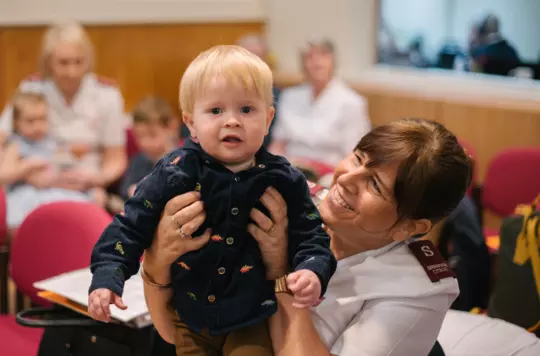26 October 2024
Mission priorities explained: Seek justice and reconciliation
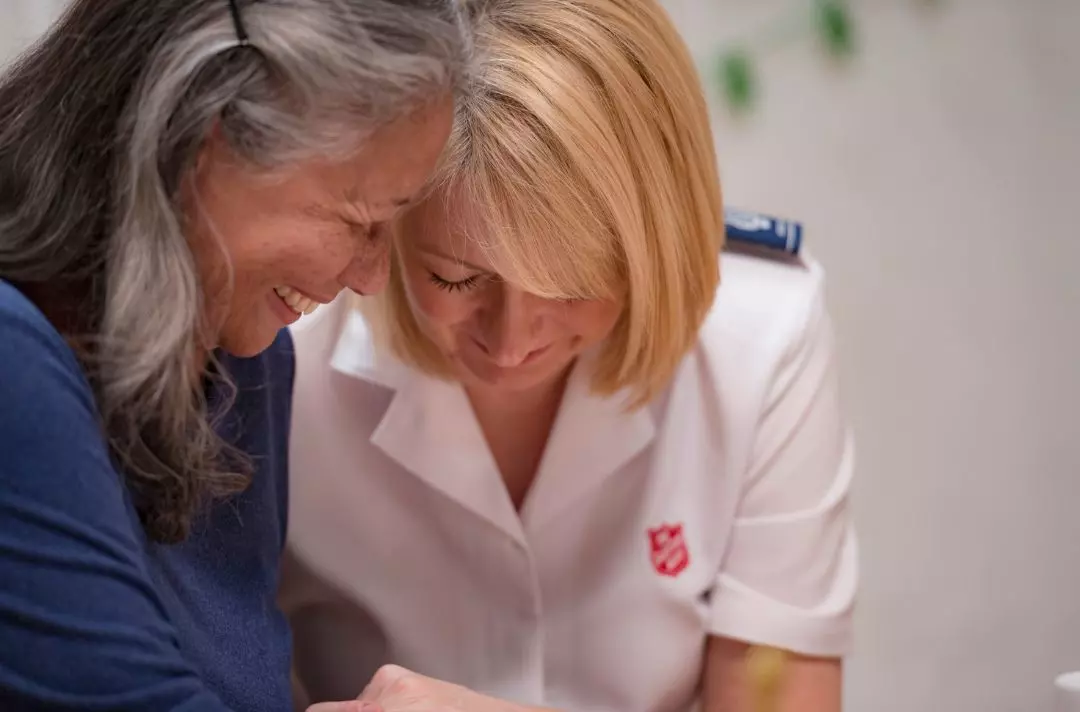
Salvationist unpacks the seek justice and reconciliation mission priority in discussion with Justice and Reconciliation Officer Captain John Clifton.
Our intention as a territory is to love God and love others. How does seeking justice and reconciliation fit in with that?
We seek justice and reconciliation because we love others and we love God. It is all about living in the power of the Holy Spirit. Seeking justice and reconciliation shapes the world but also shapes us.
As we work to move from the way the world is to the way the world should be, we’re also moving from who we are to who we are called to be. If the work is not grounded in our discipleship, then it will be grounded in other desires, or our own sense of justice, which can be warped.
Why is it one of our mission priorities?
We recognise in our second doctrine that God is the Creator, Preserver and Governor of all things. He is a God of justice and, as the people of God, we should therefore act justly. By acting for justice in the world, we are also participating in the ministry of reconciliation.
What is the biblical basis for seeking justice and reconciliation?
Matthew 25:31–46 reminds us that when we help others in need, Christ is present. It’s not as if we are symbolically doing something for Christ – we are actually doing something for Christ. We are also helping people in conditions of powerlessness to have more power.
Thinking about those power dynamics helps us identify the structural problems that create these conditions of injustice. Change comes about from an interaction with a person who follows Jesus – through the dynamic presence of Christ.
Amos 5:24: ‘Let justice roll on like a river.’ Micah 6:8 says we must ‘act justly’, ‘love mercy’ and ‘walk humbly with your God’. We must be humble and, as Martin Luther King Jr’s six steps of nonviolent social change say, ‘eliminate hidden motives and prepare to accept suffering, if necessary, in your work for justice’.
Colossians 1:17: ‘He is before all things and in him all things, hold together.’ The Lord’s Prayer (see Matthew 6:9-13) also reminds us that Jesus is Lord over everything.
Reconciliation is rooted in the principle of God reconciling all things to himself through Christ (see 2 Corinthians 5:11–21). We must pause to remember this work does not come from us and ground our seeking of justice and reconciliation in prayer.
What does seeking justice and reconciliation look like in practice?
Engaging with politicians to speak up for the marginalised and voiceless through the Public Affairs Unit’s work. The data collected from corps and centres helps identify community needs and informs policy work.
Community organising, as the Army drives forwards campaigns. Working with other organisations to do this is crucial – that doesn’t mean agreeing with all those allies on everything all the time. Collaborating with others is a work of reconciliation in itself.
The territory’s Family Tracing Service. As we help reconcile people to God, we are also helping reconcile people to each other.
Each of us individually seeking justice and reconciliation in our immediate spheres. What does it look like to be a just person where you are? A just friend? A just employer? A just landlord?
Praying, giving money and raising awareness are essential, but are not always enough by themselves. It is also about discipleship and transforming our inner being – if we’re not sincerely living out God’s love, we’re not going to bring about God’s Kingdom.
Hospitality and listening to others. When you are hospitable to someone else, you don’t expect them to change who they are first. Good hospitality involves a confidence in who one is. In a world where people are uncertain about who they are, which drives so much fear and tension, we have certainty of who we are in God.
What’s the end goal?
We’ve been tasked with the Great Commission: making disciples and helping reconcile everyone to God. There are about eight billion people on the planet – there’s a lot of work still to do!
What’s the biggest challenge we face in this mission priority?
A lack of awareness or not knowing how to respond, which can fuel inaction and apathy. We are called to love God and love others, not to be apathetic towards God and others.
Without anger at the way things are and courage to act, there is no hope. We need confidence and boldness in both doing the work and how to do it. There’s a real opportunity to develop our understanding of what it is to be wholly sanctified, bringing our understanding of holiness together with how we engage in public life and live in the world today.
What’s the most encouraging thing about this mission priority?
Younger generations have a real sense of both justice and sincerity. As they live out discipleship, soldiership and Salvationism, they can show others how to live it out with authenticity. There’s a prophetic opportunity for younger Salvationists’ voices, such as through the Territorial Justice and Reconciliation Youth Forum – although that doesn’t let the rest of us off the hook!
Discover more
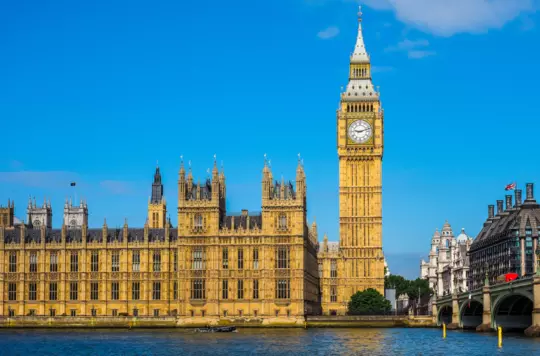
We speak into areas of public policy to support change for the benefit of some of the most disadvantaged people in our communities.
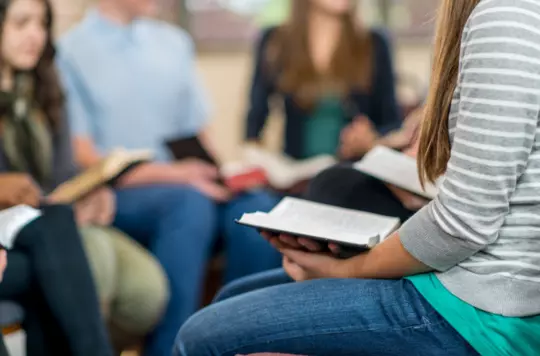
Helping Salvationists engage in moral and social issues in their communities.
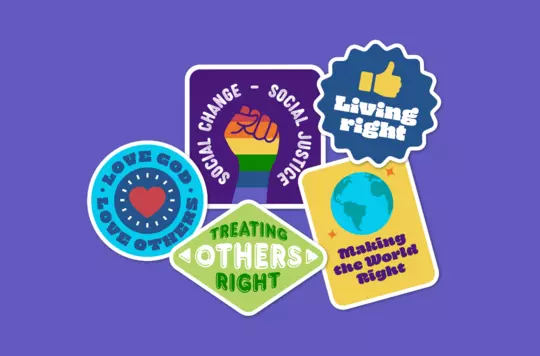
Empowering young people to improve the future by disturbing the present.
